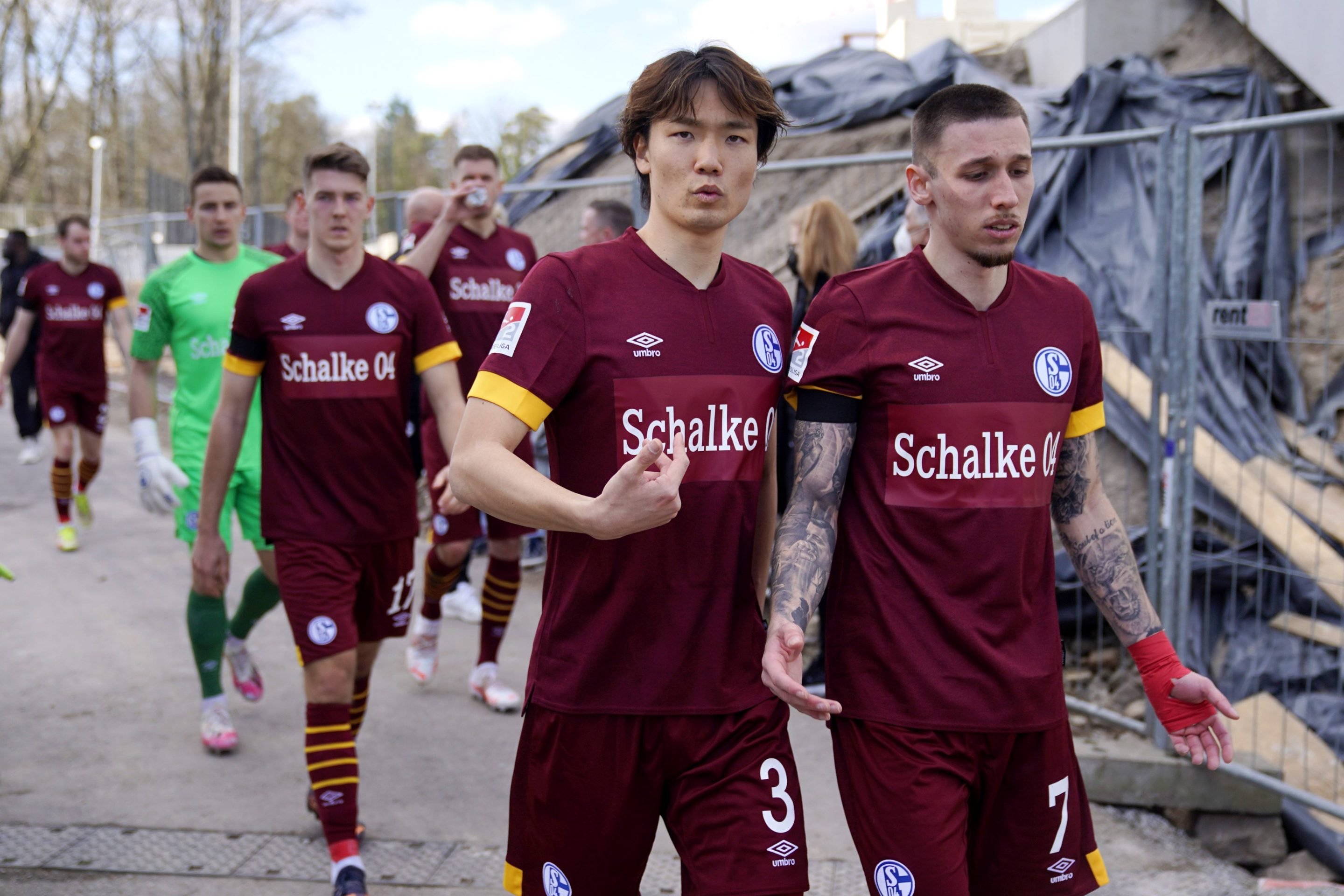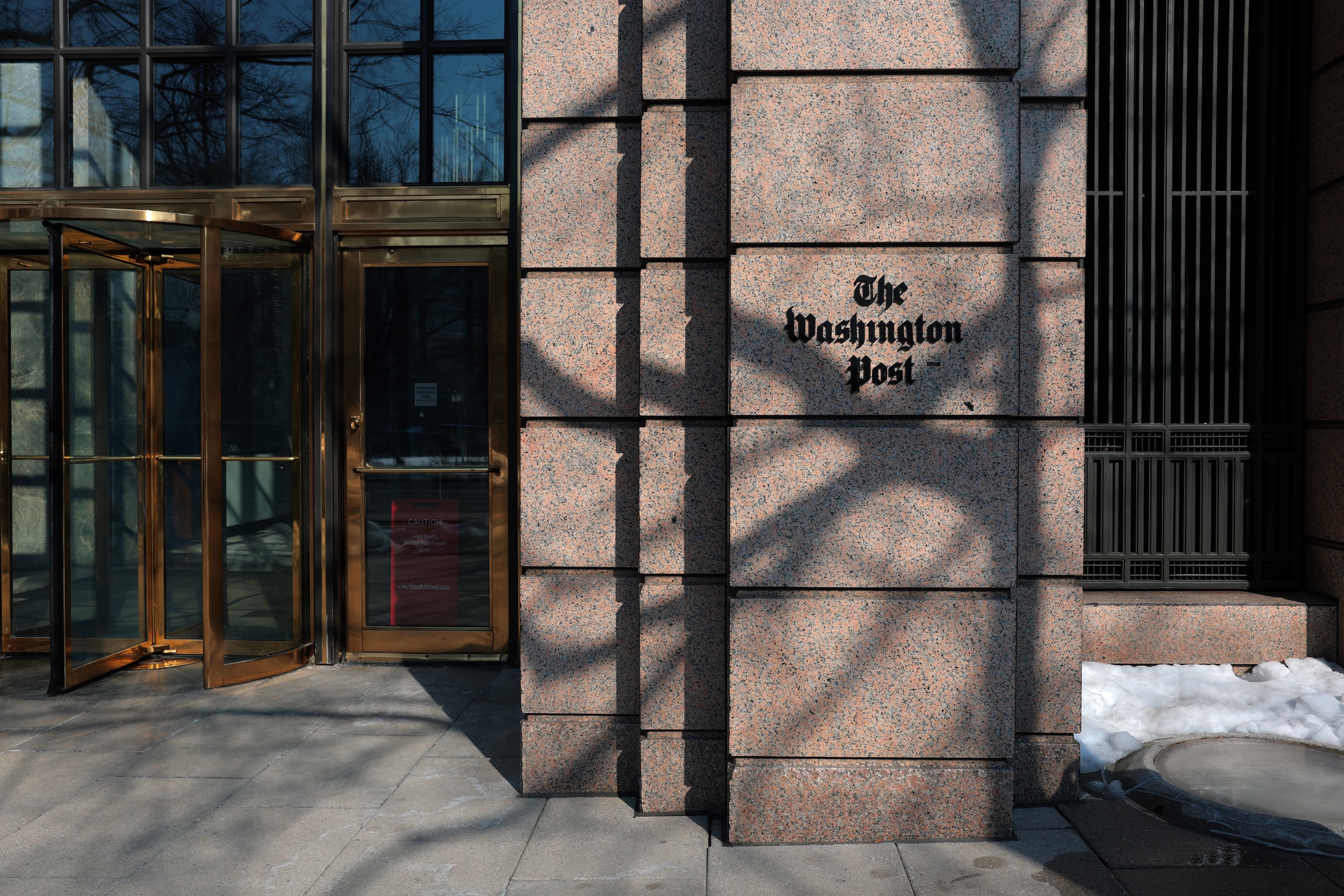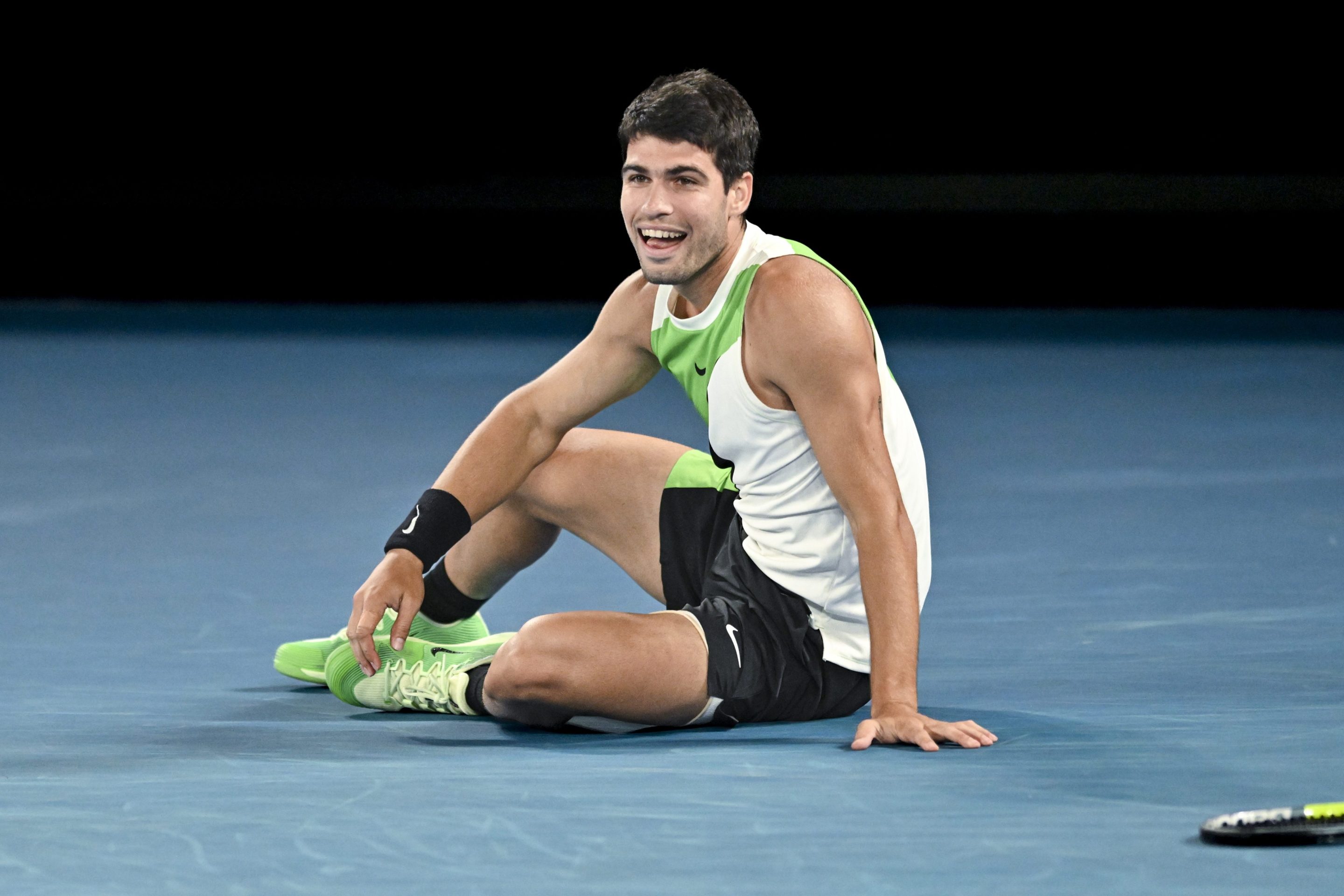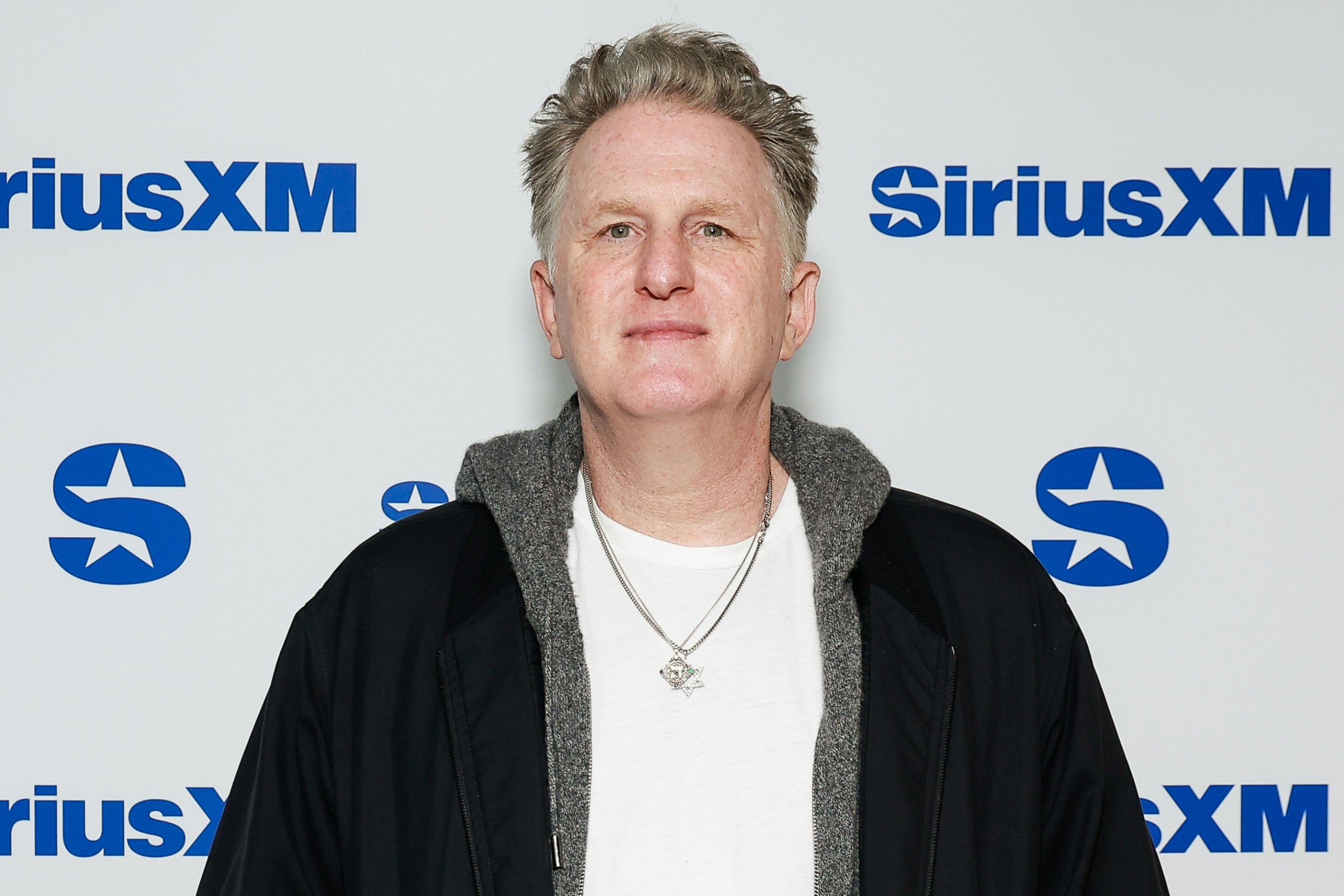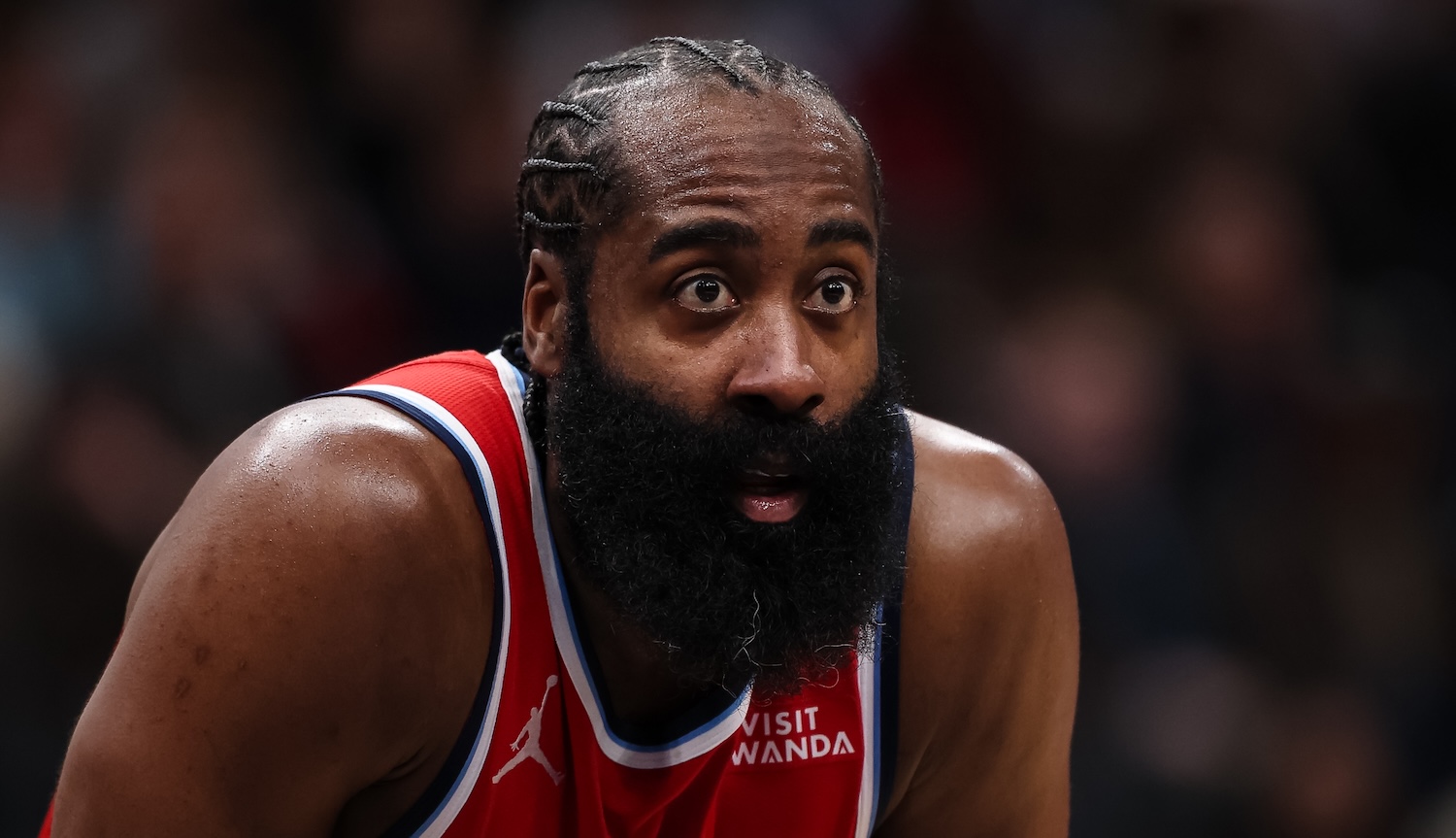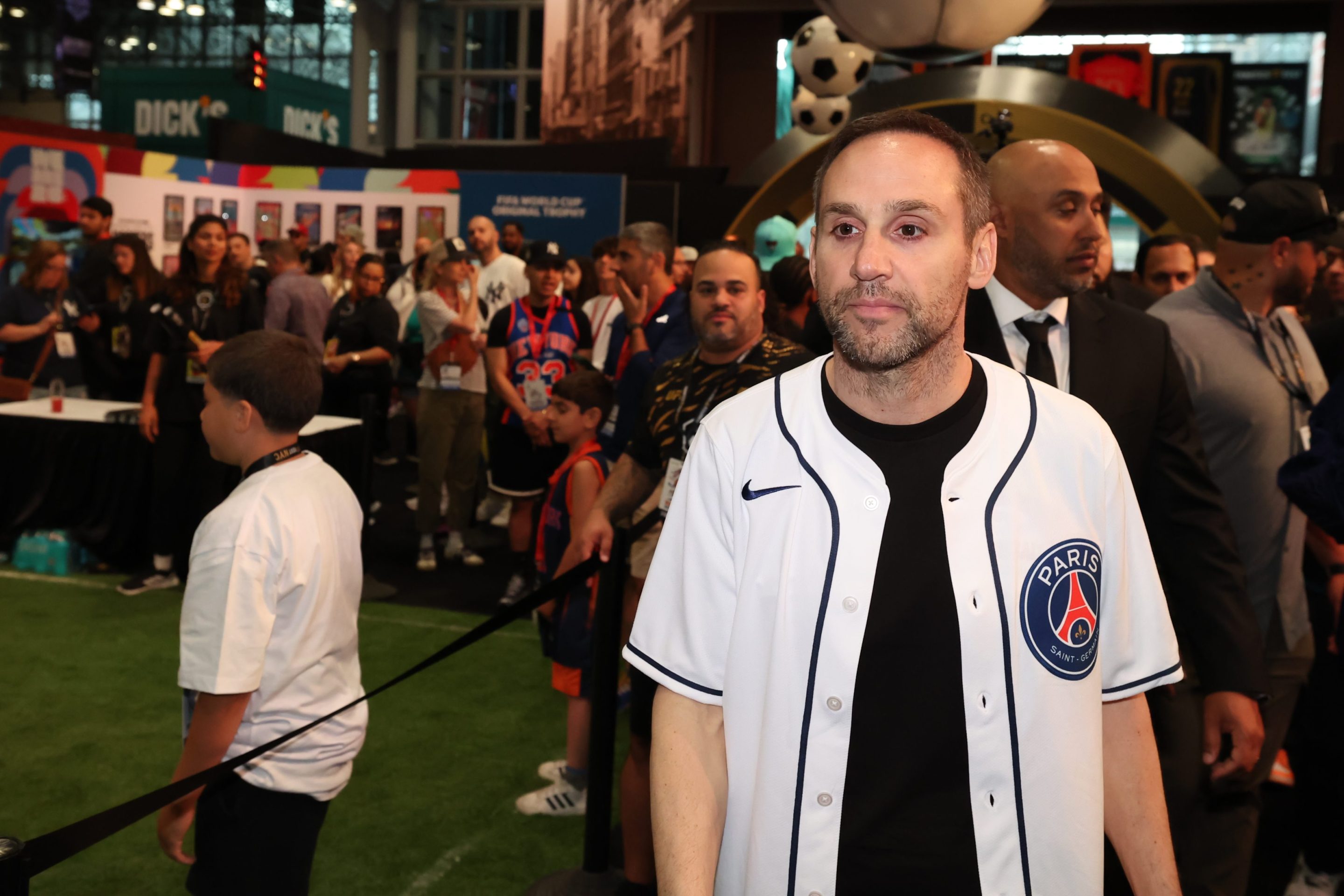On a bright morning last Saturday, I found myself in a tram in the city of Karlsruhe, Germany, surrounded by Schalke fans all dressed in blue and white. In just over an hour, Schalke was set to take on Karlsruher SC in a game in the German second division. The Schalke supporters were drinking beer and shouting over one another and otherwise acting like soccer fans. If there was also some extra tension in the car, it surely had to do with the thing that the whole world is tense about right now. It had been about 72 hours since Vladimir Putin had ordered Russian Troops into Ukraine, and by my count he’d already threatened nuclear war with NATO—twice.
For Schalke fans, what had started as a distant, if not super distant, act of political violence had become a moment of reckoning for the club itself. Last Thursday, the United States announced a first round of post-invasion sanctions, which included a man named Matthias Warnig, who happened to sit on Schalke’s board. This might seem improbable—a European soccer functionary sanctioned during the opening salvos of what threatened to become a world war—but it makes more sense when you consider both the man and Schalke’s place in the last 15 years of Russian-German relations.
Warnig, as it turns out, is not a soccer guy. That he is involved with a prominent soccer team is, in itself, not that unusual; rare is the big club that is run as a purely sporting institution, and Schalke is no exception. Warnig sat on the board as the representative of Schalke’s main sponsor—Gazprom, the Russian state-owned energy company that has sponsored Schalke since 2007. But even by the sleazy standard of European soccer’s other petrodollar-soaked boardrooms, Warnig’s position was unique. He got his start as a Stasi agent in Eastern Germany. Whether he first met Putin when Putin was a KGB officer in Dresden is unclear, but the two have been close personal friends since at least the early 1990s.
During the intervening decades, Warnig was an executive for a host of Russian-state-owned commodity companies, before taking an executive position for Nord Stream 2 AG. Nord Stream 2 AG is a Swiss subsidiary of Gazprom, and for the last decade or so it has overseen the development and construction of an underwater natural gas pipeline through the Baltic—one of the most controversial energy projects anywhere in the world. If completed, the pipeline would allow Russian gas to flow to Germany without transit across Poland and Ukraine. Both countries were vehemently against it, as its completion would have given Putin much greater leverage over Eastern Europe, effectively letting him turn the gas off in the East while it still flowed to the West.
In response to Putin’s invasion of Ukraine, Germany canceled Nord Stream 2 last week. After the sanctions came down, Schalke kicked Warnig off the board. Then, Schalke took things a step further. It announced that it would take on Karlsruher without the word Gazprom written across its players’ chests. It was the first time since 2007 that the club would not be a symbol for Russian petrochemicals.
“It’s a really good decision,” a Schalke supporter named Dennis Krück explained in German as we got off the tram and walked to the stadium. It was a sentiment echoed by every other Schalke supporter I talked to, many of whom had supported the club their whole lives. Krück, a 33-year-old accountant from Heidelberg, has been a Schalke club member since 2003. Several other people listened in and nodded in agreement as we walked down a tree-lined street, the stadium just visible up ahead. The sky above matched the blue and white of the Schalke scarves all around, and Krück spoke with the relief of a guy who’d just survived a dark winter. “Ethically and morally it’s a really important statement,” he continued, “but also because over the last year or two we’ve had a terrible image problem.”
Though none of us in Karlsruhe knew it then, the decision to remove Gazprom from Schalke’s jersey marked an early sign that the invasion had flipped a switch not just at Schalke but in the German government as well. By the end of the weekend, the German Chancellor Olaf Scholz would complete an about-face on German foreign and energy policy. In a Sunday morning speech, he’d declare that Germany would dramatically increase its defense spending, send weapons to Ukraine, and build terminals for liquified natural gas at its ports so that it would no longer have to depend on Russia for roughly 50 percent of its natural gas needs.
Though easy enough to understand in context, the decision also amounted to a rebuke of decades of German policy built on pacifism and “Wandel durch Handel” or “change through trade.” The invasion showed that Germany could not prevent regional conflict through its own example of near-disarmament, and also exposed how the country’s trade policies cut both ways. They were all carrot and no stick, and so vulnerable to the same kind of foreign influence that Germany had hoped to wield abroad.
Schalke, of all things, is one of the most visible examples of how intertwined Germany had permitted itself to become with Russia. Schalke might be in the second division—they were relegated after a brutal 2020-21 season in which the team employed five different coaches—but it remains Germany’s second-biggest club, with over 160 thousand members. In Europe, only Bayern Munich and Portugal’s Benfica have more. The side might not be especially relevant as a soccer playing entity in its current form, but it remains a huge and important German cultural institution.
That was evident by the number of traveling fans who made the four-hour drive from Gelsenkirchen, where Schalke’s based, to Karlsruhe for a 1:30 p.m. kickoff. The away stand was packed, and a good portion of the main stand seemed to support Schalke as well. When the Schalke players came out in their Gazprom-less shirts, a big cheer went up in the stadium. As both teams stood around the center circle for a moment of silence in solidarity with the Ukrainians, a man in front of me held up a commemorative scarf from a 2016 Europa Cup match between Schalke and Ukraine’s Shakhtar Donetsk.
That the club got involved with Russia at all owes to the work of Gerhard Schröder, who served as Chancellor of Germany between 1998 and 2005. Since leaving government, Schröder has spent much of his time in Russia making deals. He is currently chairman of Russia’s Rosneft Oil Company and also sits on Gazprom’s board. Prior to Gazprom, he was the Chairman of the Board of Directors for Nord Stream 2.
Back in 2007, when Schröder was just finding his feet as a dealmaker, he reportedly helped facilitate Gazprom’s sponsorship of Schalke. This was controversial even then. Krück, the accountant I spoke to on the walk to the stadium, is one of many Schalke supporters who never bought a jersey with Gazprom on it. And during the match, I was surprised by how few Gazprom-adorned jerseys I saw. Which is to say that I did not see even one.
For the team’s management, the deal was notably less fraught. It was especially a no-brainer for Schalke's then-chairman, billionaire Clemens Tönnies; in addition to running Schalke, Tönnies also operated an international meat company that owned a large Russian subsidiary. In 2013, he was quoted as saying that his Russian operation came to be thanks to a promise he’d made to Putin to get involved there. The two are said to have something of a bromance.
Tönnies left Schalke in 2020 amid a racism scandal, and his company sold its Russian holdings last year. But for Schalke, this complicated and compromising relationship was cemented. In 2021, with relegation all but a sure thing, Schalke extended its Gazprom contract until 2025. The deal was a financial parachute of sorts, locking up sponsorship revenue in the event of relegation. At the time, Warnig called it a “a strong signal of loyalty.” The financial belt-tightening that comes with relegation meant that many of the fans I talked to worried that the issue was no longer whether canceling the Gazprom contract was the right thing to do, but whether the club could afford to buy its way out of the contract.
But to be a supporter of a club like Schalke—of any team, but especially one that has spent years circling the drain—is to practice unconditional love, even and especially when the club is in the second division. To love it even when it's run by a greedy billionaire who’s more than willing to trade your beloved club’s reputation for better personal business deals and a warmer personal relationship with a foreign dictator. To love it so much you’ll turn up at matches and cheer even when you’re too embarrassed to wear the team’s shirt—to turn up when things are even worse than that, to the point where your struggling second-division soccer team has become entangled in geopolitical graft.
That defiant optimism was, more than anything, the impression that I took away from spending a day with Schalke fans. These people had in many cases traveled across Germany just to spend two hours in the stands on what was probably the first non-embarrassing day to be a Schalke supporter in the last 15 years. It was a group of people who believed deeply that even when shit gets bad, unimaginably bad, it might somehow turn good again. Maybe not right at that moment—Schalke had needed a win to climb back toward the promotion places but had to settle for a 1-1 draw—but in time, and in general. They are a glass-half-full group of people.
As if to prove their point, as I sat down on Monday to write this story, I saw that Schalke had terminated its association with Gazprom. (When the Gazprom-free shirts went up for sale a little later, the team’s site nearly crashed from the traffic.) And I saw that Switzerland was freezing Russian assets. And that peace talks are ongoing in Belarus. And that FIFA and UEFA were banning Russian teams from all competition. And all of this after Scholz's about face on Sunday. It wasn’t easy, but I tried to summon some of that Schalke spirit—that unreasoning, distinctly sports-fan type of optimism. It might seem insufficient, and it definitely seems out of place, and I know that it’s naive, but any reason to believe, of any kind, seemed worth reaching for.
